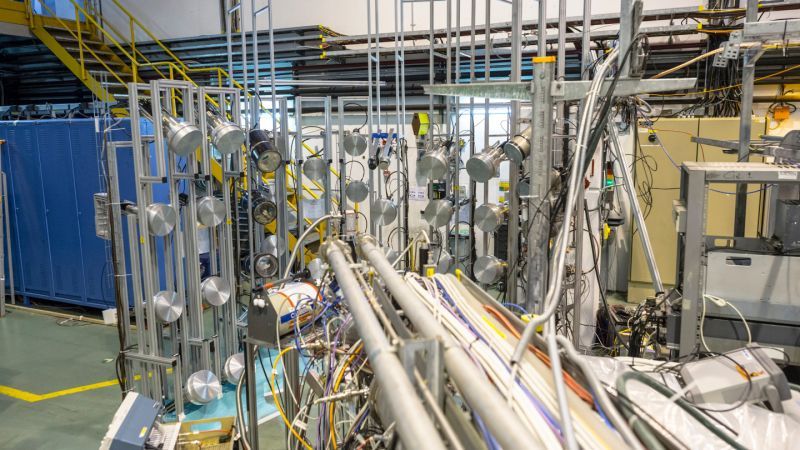The antimatter of science fiction vastly differs from the real-life antimatter of particle physics. The former powers spaceships or bombs, while the latter is just another particle that physicists study, one that happens to be the mirror image with the opposite charge of the more familiar particles.
Normally, scientists produce antimatter in the lab, where it stays put in an experimental apparatus for further study. But now, researchers are planning on transporting it for the first time from one lab to another in a truck for research. Elizabeth Gibney reports for Nature:
In a project that began last month, researchers will transport antimatter by truck and then use it to study the strange behaviour of rare radioactive nuclei. The work aims to provide a better understanding of fundamental processes inside atomic nuclei and to help astrophysicists to learn about the interiors of neutron stars, which contain the densest form of matter in the Universe.








